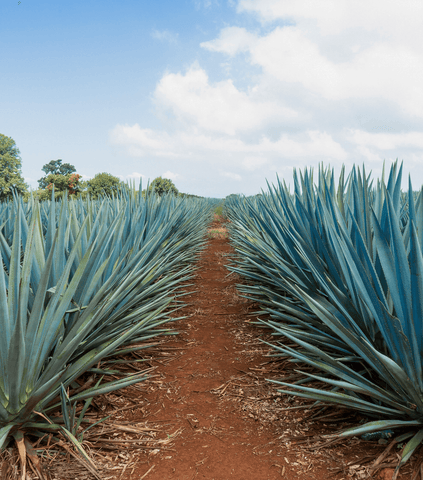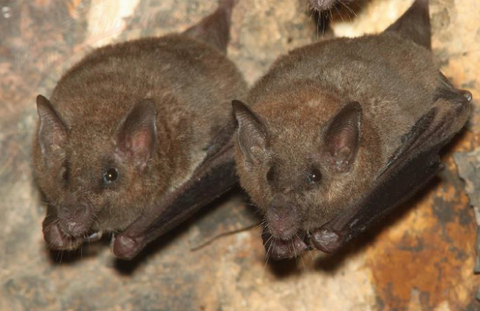Our proposals


Sustainable Cultivation : We only use cultivated pineapples to make bacanora, thus protecting wild agaves.

Conservation of Native Flora: Our crops respect native flora, such as ironwoods, guayacanes, saguaros and pithayas.

Active Reforestation:
- We reforest with 60 shoots per hectare (2%).
- We plant 1,200 nursery agaves per year (4%).
- We allocate 60 mature plants per hectare (2%) for the production of quiote, supporting pollinators such as the lesser maguey bat

Biological Control : We minimize the use of fungicides and insecticides through biological control techniques.

Support for Wildlife: We install water troughs to provide water to wildlife around our plantations.
A natural pollinator
The lesser long-eared bat plays a crucial role in the pollination of plants such as saguaro, cardón, sweet pitayo and several species of agave. While feeding on nectar, its face and neck become covered in pollen, facilitating the reproduction of these plants essential to the desert ecosystem.

Our Commitment to Conservation
Beneficial Practices: Maintain the distribution of nocturnal cacti and agaves in desert scrublands and grasslands.
Practices to Avoid: Habitat loss due to urbanization and agriculture. Harvest night-blooming cacti and agaves.
By caring for the lesser long-tailed bat, we also protect other species that depend on nocturnal cacti and agaves, such as the red-and-black hawk, the desert woodpecker, and the blue-and-black swallow. Their presence ensures the health and biodiversity of the desert ecosystem.


